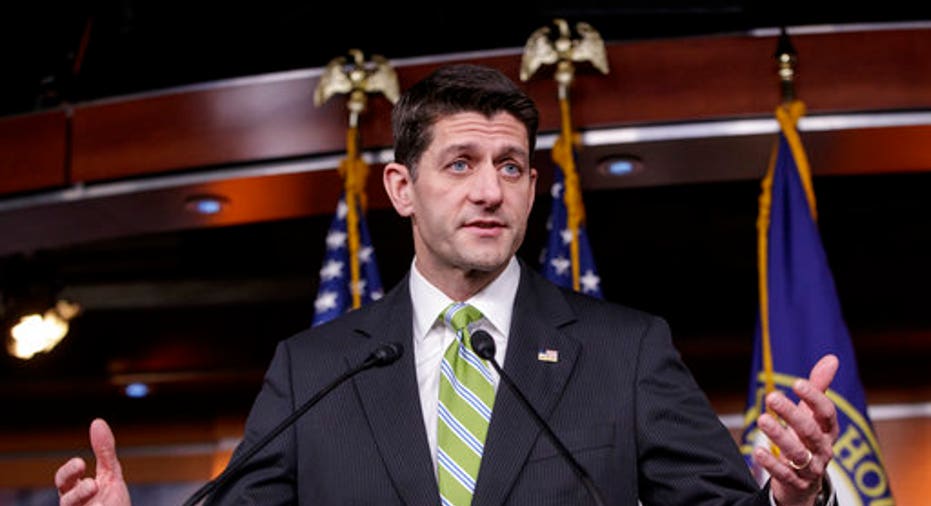House speaker vows to complete tax reform in 2017

The top Republican in the U.S. House of Representatives vowed on Tuesday to complete tax reform in 2017, saying that President Donald Trump and his fellow Republicans in Congress cannot allow the chance to overhaul the U.S. tax code to slip.
In remarks for a speech to U.S. manufacturers released by his office, House Speaker Paul Ryan said that Congress and the Trump administration are moving "full speed ahead" to deliver fundamental tax reform for individuals, corporations and small businesses.
Ryan and other Republicans are under mounting pressure from U.S. businesses and voters to make progress on tax reform, a top 2016 Republican campaign pledge that could determine whether Ryan's party retains control of the House and the Senate in the 2018 midterm elections.
But it is not clear whether Republicans in Congress can overcome infighting over healthcare legislation and government spending to move forward on tax reform legislation.
"We are going to get this done in 2017. We need to get this done in 2017. We cannot let this once-in-a-generation moment slip," Ryan said in remarks prepared for a Tuesday afternoon speech to the National Association of Manufacturers, a powerful Washington lobby group.
"Transformational tax reform can be done, and we are moving forward. Full speed ahead," he added.
Major stock indexes hit multiple record highs from Trump's November election to the end of the first quarter, on bets that he would improve economic growth by cutting taxes and boosting infrastructure spending.
The tax reform debate has largely moved behind closed doors, where Ryan is trying to hammer out an agreement with Senate Republican leader Mitch McConnell, Treasury Secretary Steven Mnuchin, White House economic adviser Gary Cohn and the Republican chairmen of two congressional tax committees. The aim is to unveil tax reform legislation in September.
Ryan will not delve into details about tax reform provisions on Tuesday but will describe major provisions of any major legislation including a "territorial" system that would no longer tax the foreign profits over U.S. corporations.
Ryan will also emphasize the importance of permanent reforms, reject the notion that legislation should do little more than reduce tax rates and make a case for mechanisms to prevent U.S. corporations from moving income, assets and jobs overseas.
(Reporting by David Morgan; Editing by Leslie Adler)



















